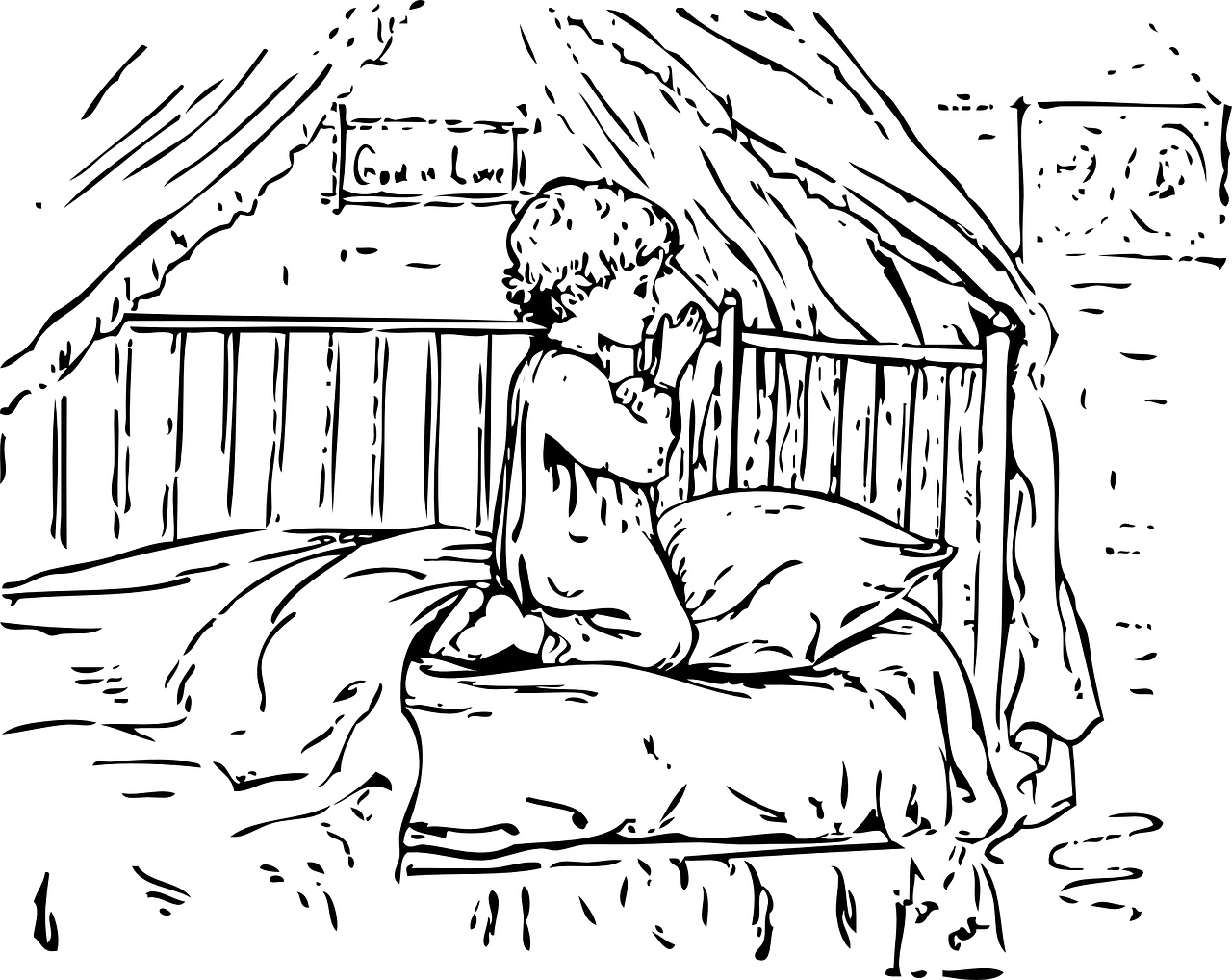Twenty-sixth Sunday in Ordinary Time
Ezekiel 18:25-28
Thus says the LORD: You say, "The LORD's way is not fair!" Hear now, house of Israel: Is it my way that is unfair, or rather, are not your ways unfair? When someone virtuous turns away from virtue to commit iniquity, and dies, it is because of the iniquity he committed that he must die. But if he turns from the wickedness he has committed, he does what is right and just, he shall preserve his life; since he has turned away from all the sins that he has committed, he shall surely live, he shall not die.
Philippians 2:1-11
Brothers and sisters:
If there is any encouragement in Christ, any solace in love, any participation in the Spirit, any compassion and mercy, complete my joy by being of the same mind, with the same love, united in heart, thinking one thing. Do nothing out of selfishness or out of vainglory; rather, humbly regard others as more important than yourselves, each looking out not for his own interests, but also for those of others.
Have in you the same attitude that is also in Christ Jesus, Who, though he was in the form of God, did not regard equality with God something to be grasped. Rather, he emptied himself, taking the form of a slave, coming in human likeness; and found human in appearance, he humbled himself, becoming obedient to the point of death, even death on a cross. Because of this, God greatly exalted him and bestowed on him the name which is above every name, that at the name of Jesus every knee should bend, of those in heaven and on earth and under the earth, and every tongue confess that Jesus Christ is Lord, to the glory of God the Father.
Matthew 21:28-32
Jesus said to the chief priests and elders of the people: "What is your opinion? A man had two sons. He came to the first and said, 'Son, go out and work in the vineyard today.'He said in reply, 'I will not, 'but afterwards changed his mind and went. The man came to the other son and gave the same order. He said in reply, 'Yes, sir, ‘but did not go. Which of the two did his father's will?" They answered, "The first." Jesus said to them, "Amen, I say to you, tax collectors and prostitutes are entering the kingdom of God before you. When John came to you in the way of righteousness, you did not believe him; but tax collectors and prostitutes did. Yet even when you saw that, you did not later change your minds and believe him."
May Tam
Today's Gospel reading is the first of the three parables (the Two Sons, the Tenants, and the Wedding Feast) that Jesus used to criticize the Jewish religious leaders for their rejection of their Messiah and the subsequent judgment on Israel. In this context, the leaders of Israel were the second son who claimed obedience, but did not do the will of the father.
In relation to this parable, I think of a popular Chinese idiom: “Say one thing but do quite another” (講一套, 做一套). Implied in this saying is that actions take precedence over words. Interesting enough, the Jewish leaders also took the same stance. They commended the first son because he did what was right despite both sons did what was contrary to their words. It was meant to be a reproving parable (one that appeals to the offenders themselves and judges them out of their own mouths) but in this case, apart from the chagrin of the Jewish authorities, it also reveals a common consensus among the general populace—action speaks for itself.
That deed is more important than word can be understood from our Lord Jesus Himself. In His earthly ministry, His words were backed up by His deeds. Indeed, His last deed (His willful death) was the culmination of all His words. Imagine if Jesus, like the second son, consented to come into this world and accepted His saving mission, but later changed His mind and did not die on the cross, would Christianity still survive amid the many persecutions throughout the centuries, or would it merely become a school of philosophical ideas or humanitarian ideology?
I can think of another similar relationship between orthodoxy and orthopraxy (correct belief/faith versus correct practice/deed). As Christians, how do we identify ourselves? Are we the people of faith (belief) or the people of works (practice)? Are we the people of words or the people of deeds? Should not both our words and deeds match when applying to our daily lives? “But be doers of the word, and not hearers only, deceiving yourselves," and "So speak and so act as people who will be judged by the law of freedom," (James 1:22, 2:12). A well known passage of James (2:14-26) speaks out clearly that “faith without works is dead”.
Having known that, let us not devalue orthodoxy altogether and forget that what constitutes the “right” action of the sons is the doing of the father's will which is the cause and the yardstick for the right action. Neglecting the correct belief, our actions fall short of their true goodness for they may be falsely motivated by impulse/emotion, self righteousness or simply affectation. As true disciples of Christ, let us follow Him both in words and in deeds and to become the kind of people we are called to be.
N.B. Orthopraxy may also be referred to by some as practicing prescribed religious rituals and observances.
[/two_third]
何庭耀神父
在線聆聽 >
吳智勳神父
繼續閱讀 >
